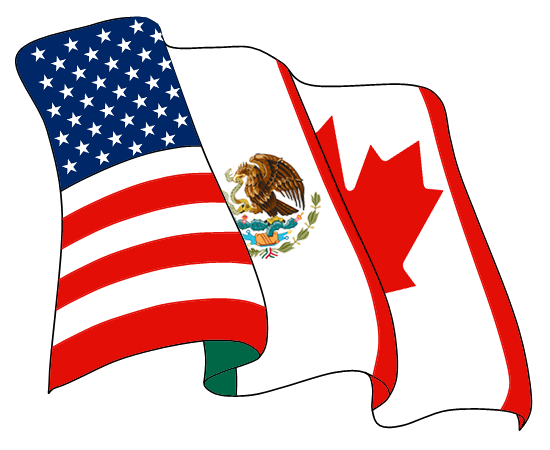

A quick and convenient way to subvert a country's rule of law is an invasion (political), a takeover (commercial), or negotiation that excludes the public (corruption). Such is the case with some of the opaque treaties we have seen being agreed upon, e.g. in Korea. Old old people in Korea understand the value of independence.
The Trilateral Patent Offices, or simply the Trilateral Offices, are the European Patent Office (EPO), the Japan Patent Office (JPO) and the United States Patent and Trademark Office (USPTO). In 1983, these patent offices set up a programme of co-operation in an effort to "improve efficiency of the global patent system"
The US is pushing for the acceptance of a wide-ranging treaty, called the Trans-Pacific Partnership Agreement; a round of negotiations has just ended in Chicago. The next round is due in Peru later this month.
All negotiations are held in secret and no government has gone on the record about what is being negotiated for fear of displeasing the US.
The New Zealand software patents bill is likely to contradict portions of the proposed IP regime of the TPPA and in this context the delay to pass the bill into law becomes understandable.
EPO pushing for a central patent court and the non-EU patent: http://t.co/5i6SZjX
On 8 September 2011, the US Senate passed a patent reform bill known as the America Invents Act. It makes some of the biggest changes to US patent law seen in the last 60 years; for one thing, it enshrines the switch from “first-to-invent” to “first-to-file”. The bill should be signed into law by President Obama this week and enter into force over the coming months. Considering the magnitude of the changes, I can well imagine the difficulties that must have faced the bill’s proponents during its passage, even if it was adopted by a large majority in the end.
In the late 18th century, the Americans set up the world’s first modern patent system – an achievement of which they can be very proud. It has been continuously improved over the years, but a gap had opened up as the world’s other patent systems evolved. That is why the US authorities have been trying to reform it, especially during the last 15 years. There may have been a variety of different reasons behind this move, but certainly one of the main ones was the need to adapt the national framework to new global economic conditions, in order to foster the country’s innovative capacity and thereby stimulate its economy. Indeed, this reform was expressly mentioned in President Obama’s recent speech on the American Jobs Act.